British Columbia RCMP announced they have arrested four individuals for selling hard drugs that were prescribed by doctors in Canada as per so-called “safe supply” policies.

The RCMP stated the arrests came after a four-month investigation that included interprovincial drug trafficking including opioids, cocaine, and ketamine.
“Most of the Hydromorphone pills are believed to be diverted prescription pills while several hundred are believed to be counterfeit and contain fentanyl,” their statement reads.
“Safer supply” is the legalized process of giving hard drug users free drugs—including highly addictive opioids—so they don’t use street drugs and accidentally kill themselves. The BC government first introduced the program 2021, while the federal Liberals launched related programs in 2020.
But the strategy often results in the prescribed drugs getting into the hands of illegal drug dealers. Police in Ontario recently sounded alarm bells on the issue.
“Stopping the flow of highly addictive diverted prescription opioids, as well as other drugs that are contributing to overdose deaths, is a priority for our team,” said BC’s RCMP Sgt Randy Mortensen.
The RCMP’s statement also indicated that one of the four individuals arrested was arrested and charged for drug trafficking in 2021, a case that’s ongoing.
“This same individual, along with one of the other’s arrested in this investigation are also currently charged with drug trafficking offences in the Northwest Territories,” they stated.
A recent report on “Safer Supply” in British Columbia revealed that the province’s Health Officer, Dr. Bonnie Henry, was informed in March of the potential negative consequences of the province’s experiment. Moreover, seventy-two BC doctors wrote to Dr. Henry that month, urging her to reconsider expanding prescribed safe supply, claiming the practice is unscientific and could be dangerous long-term.
Dr. Henry maintains that the safe supply experiment in BC is implemented “through research and evidence,” and says that it’s an ethical way to reduce harm. Henry acknowledges the policy has led to drug diversion, but says that the benefits of the program are greater than the harms.


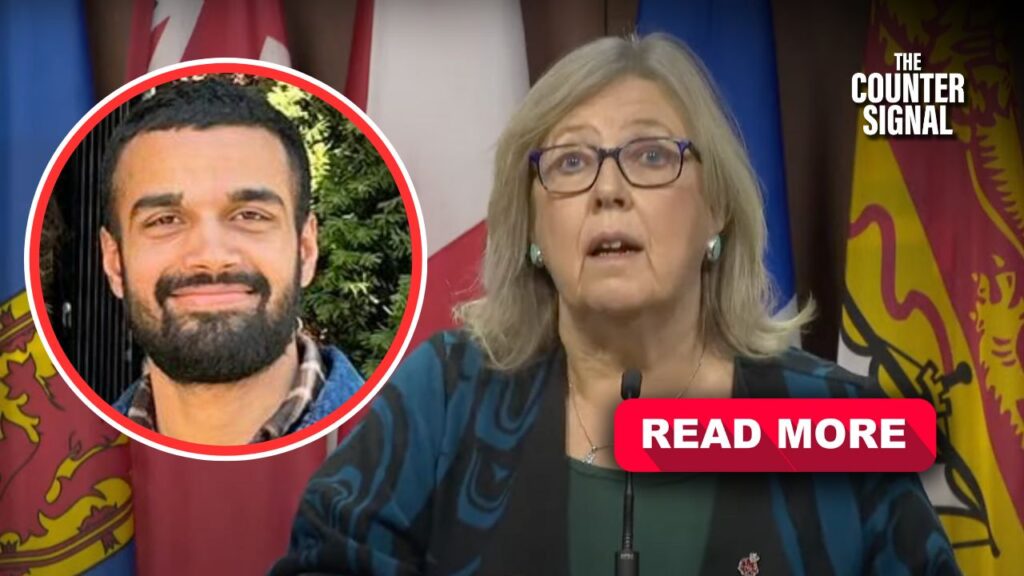

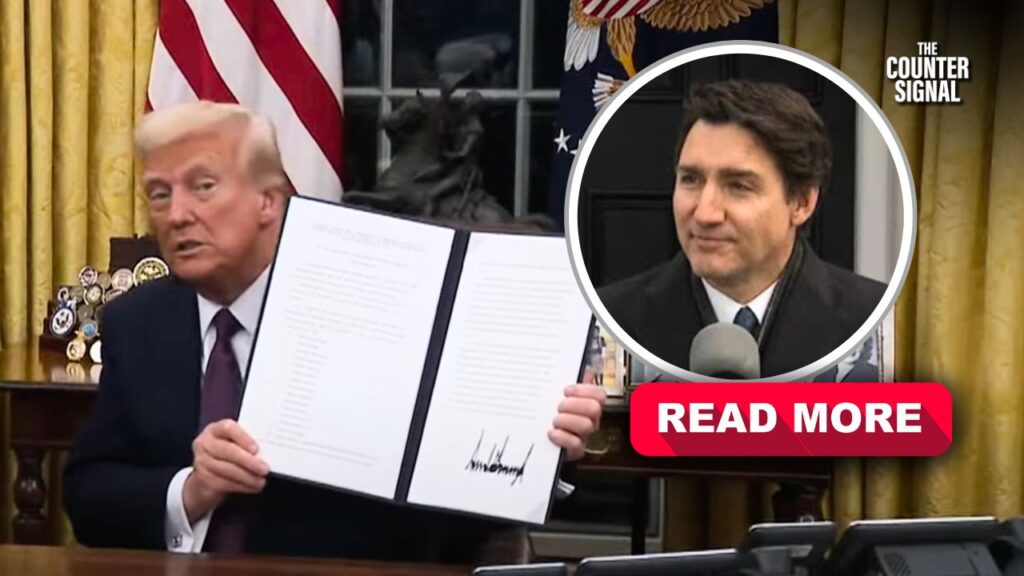

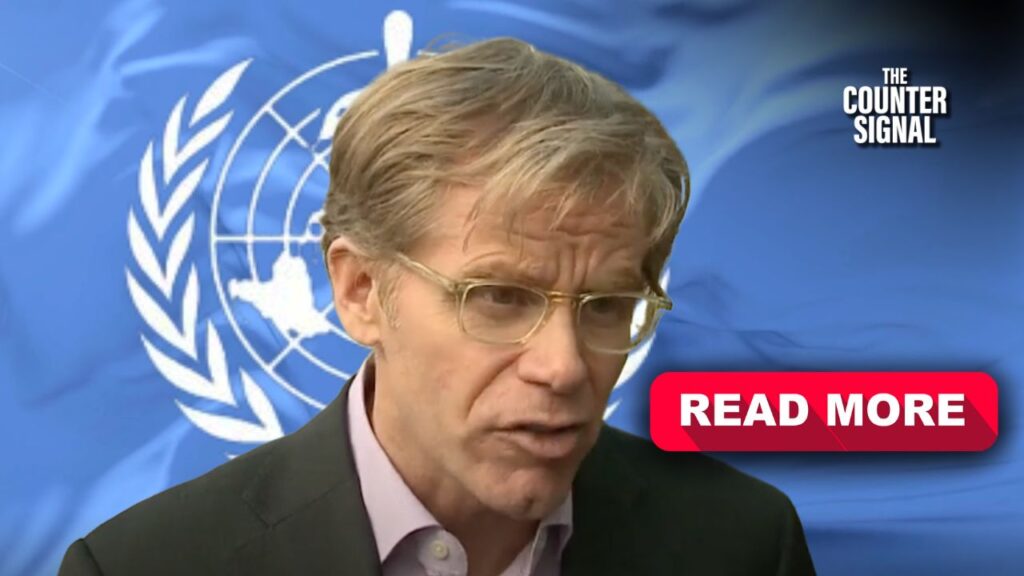

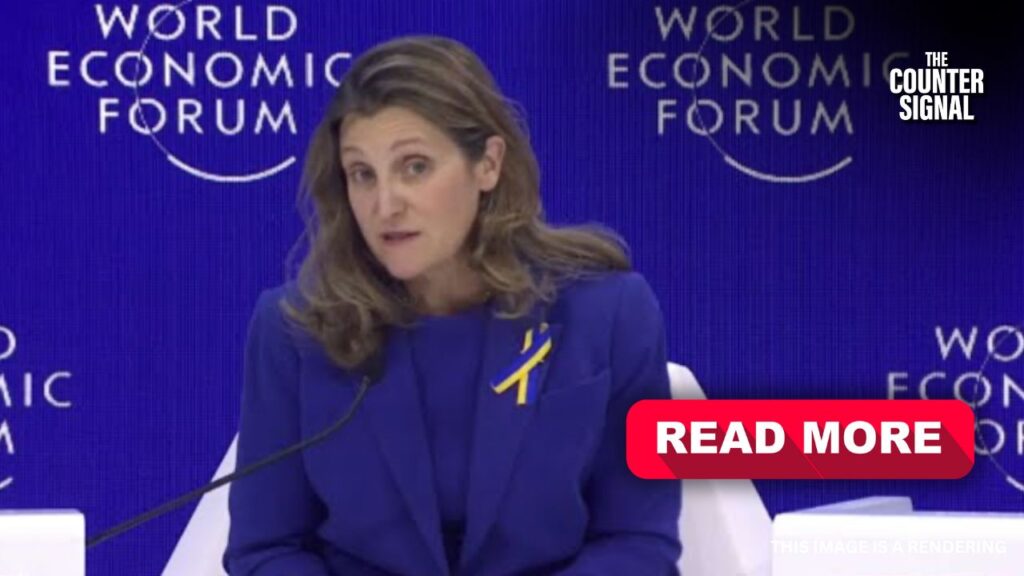
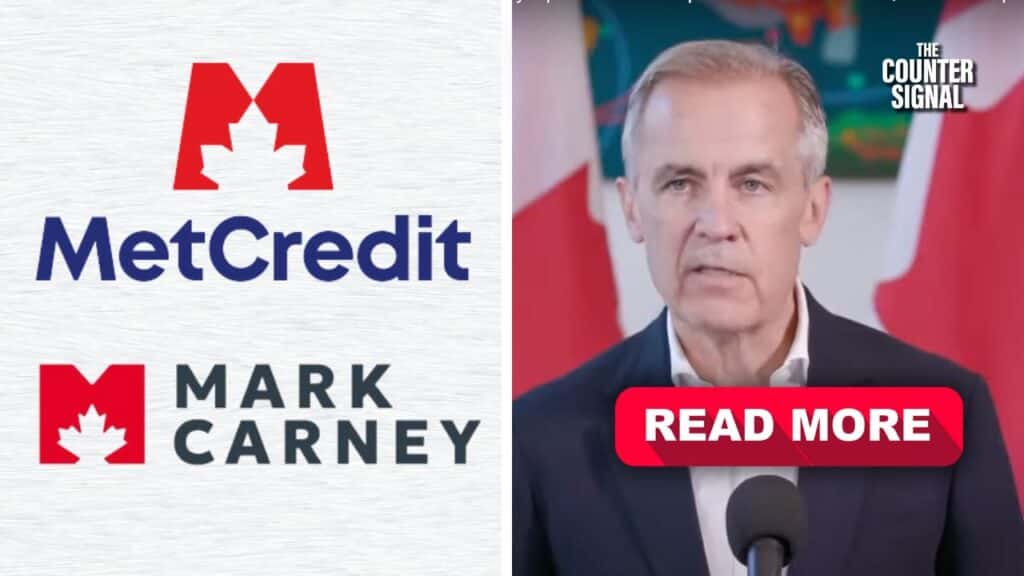
Dr Bonny Henery you ARE STUPID😤😫😫😤😤